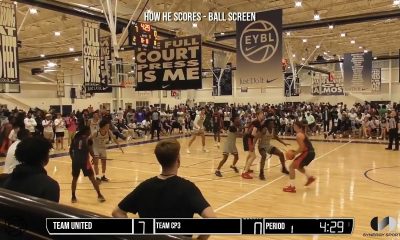Janesville teacher Christian Darnold is starting an esports video game activity next fall. It took some research to convince the school board to approve a first-person shooter game, Rainbow Six Siege, but they did on May 12. He said students in the district “absolutely can” still sign up by June 3 to play that and/or Mario Kart.
“We really just need them signed up by the last day of school, June 3,” Darnold said.
“I was pretty interested in (coaching) it because it was something I wished we had when I went to high school,” said Darnold, who graduated from Waverly-Shell Rock in 2019.
He jumped at the chance to play esports for the University of Northern Iowa, playing from that summer until the next spring when the COVID-19 pandemic shut down on-campus activities.
Darnold did his research.
“I did this somewhat in college and reached out to other schools that had established programs, like Dike-New Hartford, Denver and North Tama,” he said.
Common thread
The idea of starting esports at Janesville is to knit students together at school with a common thread.
“A large portion of the student body plays video games. I would say almost all of male students and about half of female students play video games at home,” Darnold said.
Roxann W is one of two girls signed up for esports, as of mid-May. It doesn’t relate to her career interest, she said, which is biology.
“I want to play esports in high school because it interests me and is more my pace,” she said. “I think playing it in school (…) you can bond with more people and it is something we can all get better at.”
Participant Gauge T added that playing is more competitive through the school than at home.
To Darnold’s understanding, 28% of the students enrolled in esports take part in other activities, and 72% do not.
“The main reason we wanted to start an esports team is that it reaches a group of students who may not be interested in traditional athletics or other extracurricular activities (but) often have a strong passion for (…) video games,” Darnold said.
“By offering a program that aligns with their interests, we’re able to get them more involved in school life,” he said.
Participation in school activities—whether athletic, academic, or otherwise—has been shown to improve important skills like teamwork, communication and problem-solving, and is also linked to higher graduation rates, he noted.
As with any competitive activity, “Esports gives these students a meaningful way to connect, compete and grow,” he said.
Setup
The esports team will be set up in the school district’s former computer lab.
“The school has an old computer lab that, to my understanding, is no longer in use since we transitioned to a 1:1 technology model for all students,” Darnold said.
What is already supplied, thanks to the computer lab location, is wired network hardware and an ample number of electrical outlets.
The esports group will have six new desktop gaming computers with keyboard and mouse controls only, according to Darnold’s budget. Two refurbished Nintendo Switch Model 2s were also budgeted.
First-person shooter game worried board
The group of 11 members so far will play, in rotations, Mario Kart by Nintendo and Tom Clancy’s Rainbow Six Siege by Ubisoft after Darnold presented additional research to the school board on May 12.
The Janesville Consolidated School Board approved the esports program creation and hardware purchase at its April 16 meeting but postponed approving the games list until May 12. Darnold attended both meetings.
“The reason that the board decided to delay voting was due to (saying they were) worried about if by playing first-person shooter games, if the school was promoting violence,” Darnold said.
At the May 12 meeting, the school board approved the “eSports Financial Proposal with startup of $6,957.70 and approval of proposed games including Rainbow Six Siege; all ayes,” with all board members present, per minutes.
Darnold explained what new evidence he presented at the May 12 meeting to convince them to approve the first-person shooter.
“I was able to reach out to multiple professors who have done large amounts of research on video games and violence and teenagers, and was able to compile a large amount of documentation that discussed (…) that the video games do not cause violent teenagers, and can actually cause the opposite,” Darnold said.
Christopher J. Ferguson, Ph.D., at Stetson University in DeLand, Florida, has researched the effects of video games on youth for more than 20 years and wrote to the school board in support of letting the kids play first-person shooters like Rainbow Six after Darnold reached out.
Ferguson cited a U.S. Supreme Court case, Brown v EMA, 2011, in which the “Court considered the evidence regarding the impact of ‘violent’ games and concluded that there was little scientific reason to believe such games caused societal violence or aggression,” he said, expressing agreement from his research.
Rather, Ferguson said, the concern is based on a social pattern psychologists refer to as a moral panic, which has happened over books, rock music, comic books, social media and AI. He said the board might look outdated by opposing video games at this time because, he said, “eSports (…) teach kids cooperation and constructive competition, building teamwork and confidence. I fully support the eSports program including the inclusion of FPS games in that program.”
Darnold shared a 2019 study in the Royal Society of 1,000 teens and their caregivers. “There was no evidence for a critical tipping point relating violent game engagement to aggressive behaviour,” authors Andrew Przybylski and Netta Weinstein wrote.
Other factors for the board, according to Darnold, were: “There was a consensus that as long as parents were opting in to allowing their children to play these games at the school, (that the school) was not technically promoting them. We did a poll of students’ parents who(se kids) showed interest in these first-person shooter games, and they overwhelmingly all said they had no problem with their son or daughter playing these games,” Darnold said.
For further reading, Darnold said he supports the Iowa High School Esports Association’s recommendation of Ferguson’s 2017 book, “Moral Combat: Why the War on Violent Video Games Is Wrong.”
A budget Darnold provided lists hardware purchases totaling $6,957.70, with an additional $414 being provided by the Booster Club to upgrade gaming monitors – totaling $7,372.
The overall budgetary goal was approximately $7,500, Darnold said, to cover the cost of computer parts, hardware and games – and likely shipping.
“I’m happy to report that nearly all hardware costs were covered by the school and the Janesville Booster Club—with over $7,000 of that total provided by school and school-affiliated groups,” Darnold said.
Experience
Although he has no formal coaching experience, Darnold was part of the UNI esports team for most of his first year of college, until the COVID-19 pandemic canceled in-person activities in March 2020. He was a fan of a particular title, Operation Burnt Horizon, part of the Rainbow Six property.
The COVID-19 pandemic shut down on-campus activities “before the team could really take off.”
“I kept playing throughout the pandemic and building my skills,” Darnold said.
“Now that Rainbow Six is one of the games we’ll be playing this fall, I’m excited to share what I know and help others improve,” Darnold said. “While I don’t have previous coaching experience, I’m looking forward to learning what it takes to be a coach and stepping into that leadership role.”

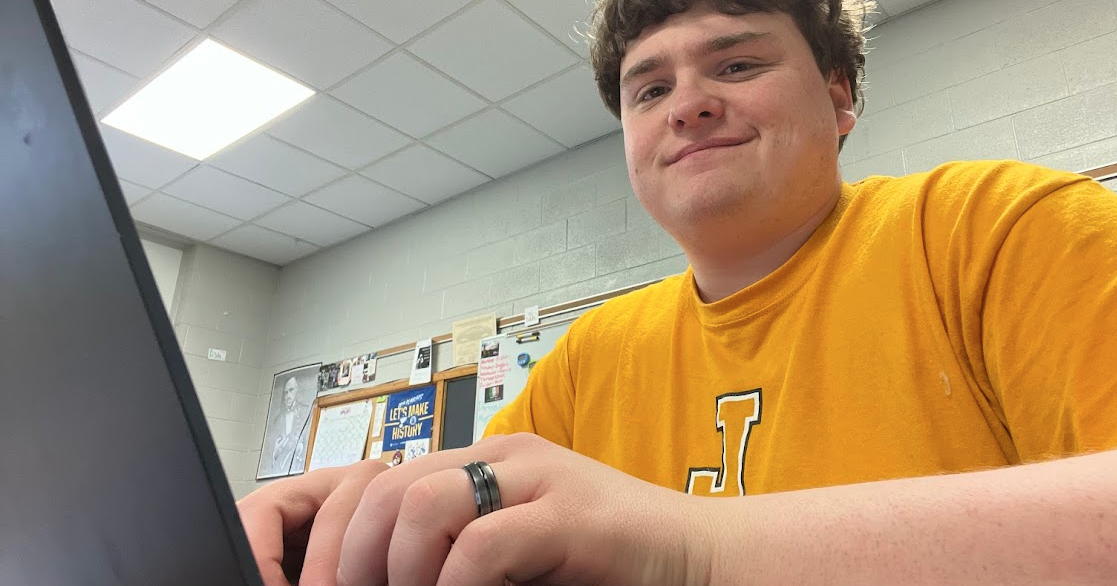

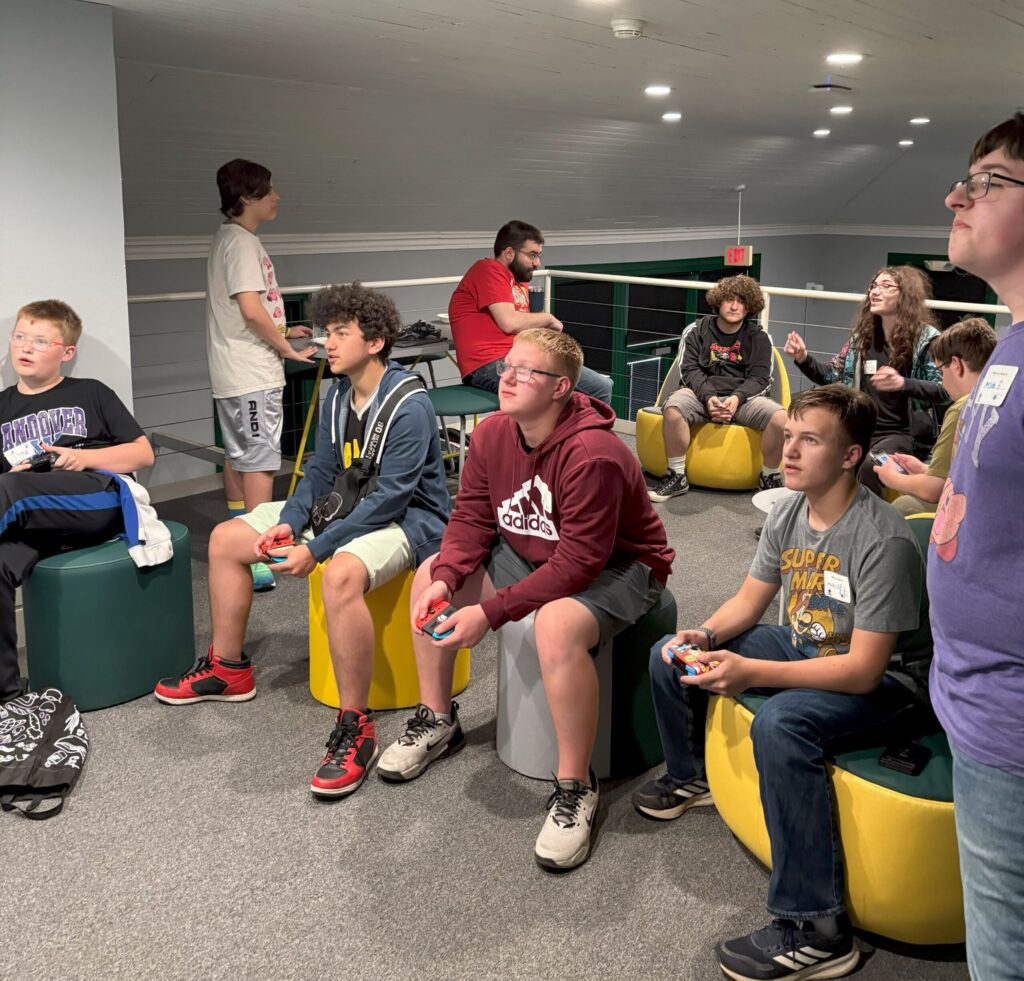

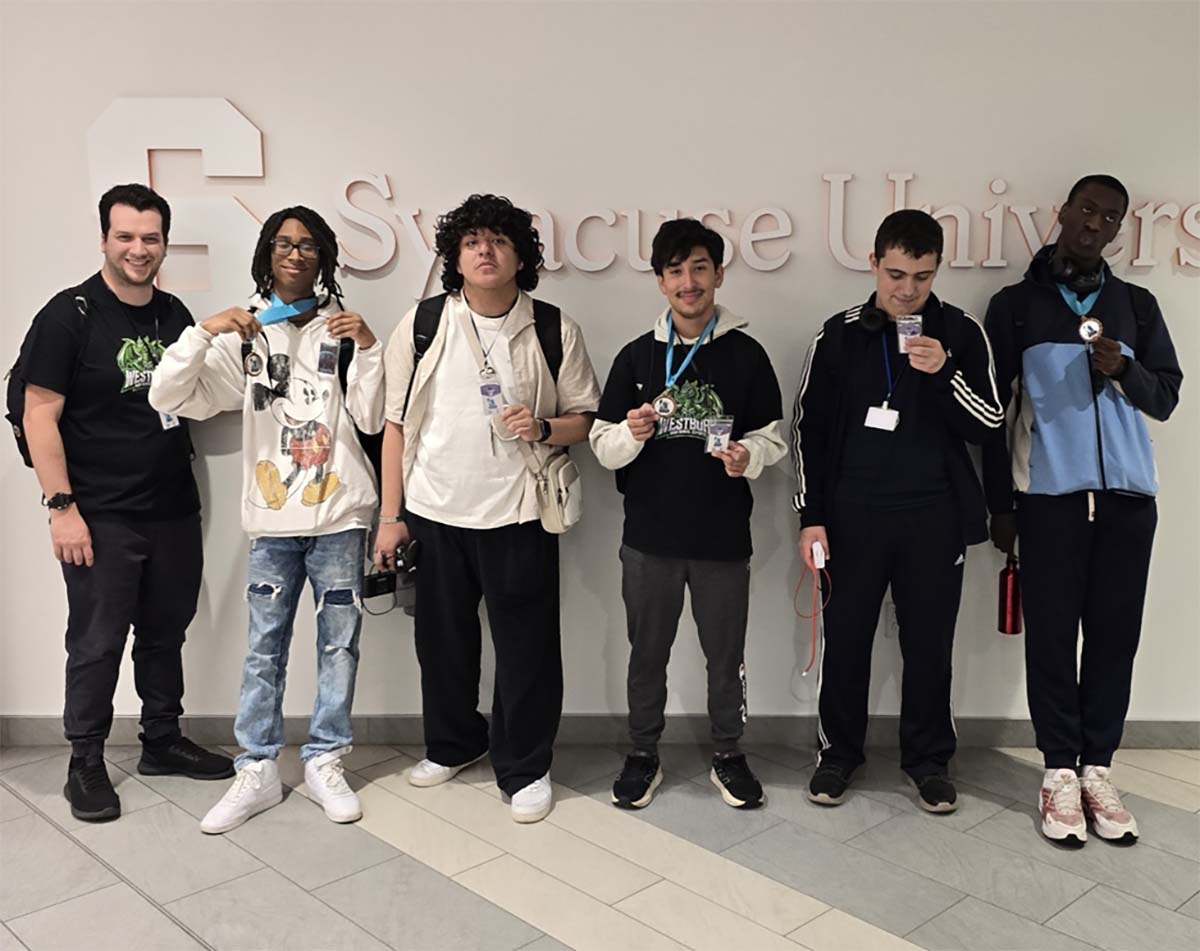



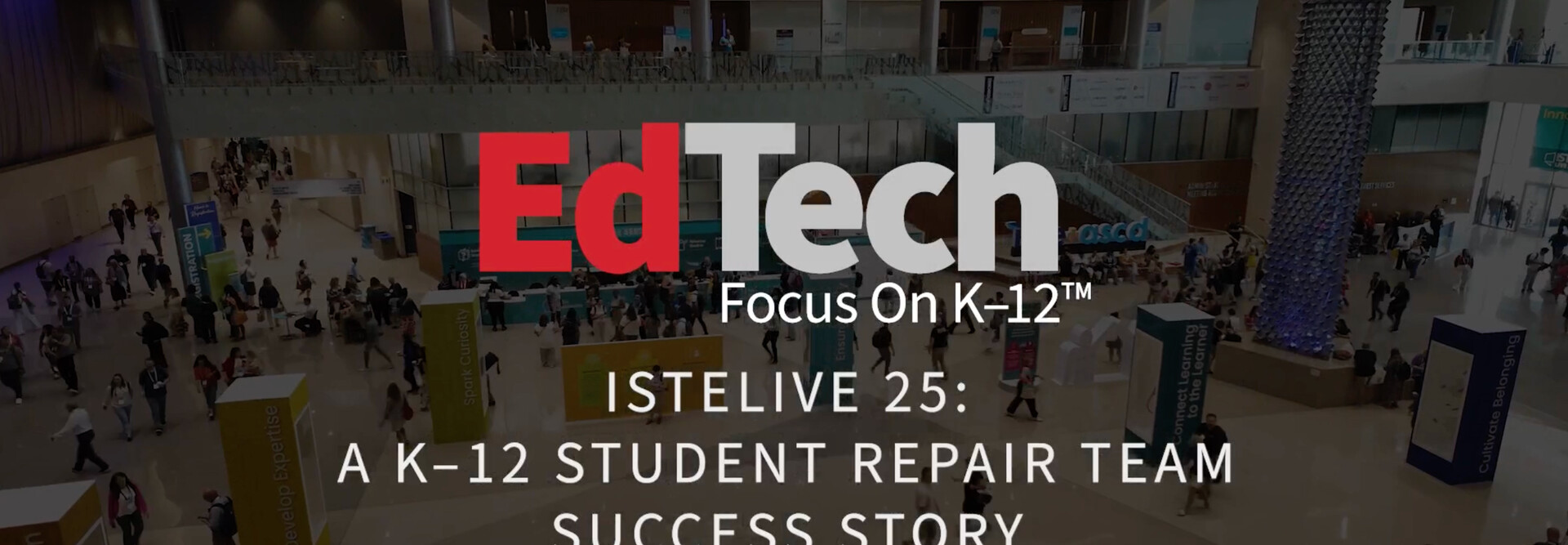







 – Shannon Sharpe | First Take
– Shannon Sharpe | First Take





























